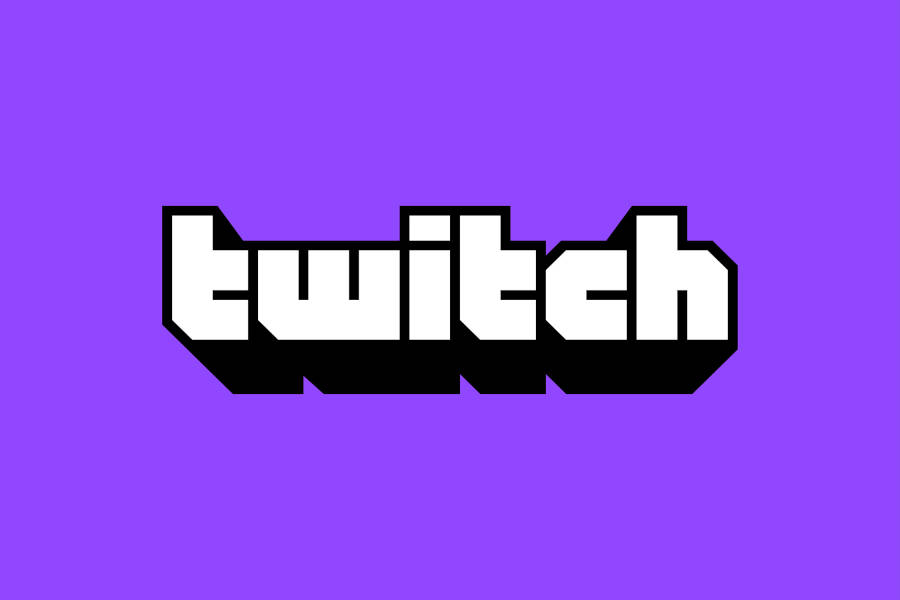Galaxis, a new Twitch rival, has an automatic copyright content system and channel-banning regulations, according to CEO Max Gallardo.
With no end in sight, the streaming industry continues to attract more producers and watchers, but the economic model is experiencing some teething pains. On Twitch and YouTube, copyright strikes and content-related bans have sparked debate, but a new rival called Galaxis claims to have technologies that might assist solve such problems. While there is no one-size-fits-all solution to all streaming woes, if Galaxis lives up to its promise, Twitch may have some real competition.
The platform, which is expected to launch in early 2022 assuming investor support, intends to expedite and simplify the corporate sponsorship process for content producers while simultaneously addressing the issue of mass copyright strikes and channel restrictions. Galaxis CEO Max Gallardo spoke with Game Rant about the platform’s possible copyright remedies and how its system will penalize content breaches.
Streams provide a serious dilemma for copyright holders whose work may be utilized without their permission, yet the existing “solution” is at best inelegant. In the present structure, copyright holders send wide portions of DMCA or other cease-and-desist requests to Twitch and YouTube, resulting in bulk content takedowns. As a result, streamers are forced to carefully edit and reupload movies, frequently with no knowledge of what material caused the strike. Gallardo’s solution is to make it easy for creators to sign contracts with rights holders.
Due to a rather old licensing model, few streamers can sample the music or other media they desire. The legal framework for licensing music and other copyrighted media was designed with film and television licenses in mind. However, the costs of legacy media are expensive for most streamers, and the procedure for obtaining rights is both slow and opaque. As a result, streamers such as Asmongold are advocating for changes to the copyright laws.
Making it simple for artists to choose from a library of popular material might go a long way toward addressing the issue. A new licensing mechanism integrated into a streaming platform might allow copyright holders and streamers to benefit at the same time, without the threat of mass takedowns. There’s nothing stopping streamers from bypassing Galaxis’ media selection in favor of self-selected copyrighted content, but even in that case, the platform offers a remedy. According to Gallardo, copyright holders have two options: they may either restrict the material until the disputed media is deleted out of the video, or they can negotiate a license with the channel owner.
Account bans are another cause of contention in the streaming industry. Streamers are finally banned from the platform after several content violations. In principle, it’s a reasonable approach, but judging whether information crosses the line is a highly subjective task. Fans of the prohibited streamer are frequently offended by such actions. As a result, Gallardo feels that blanket restrictions are a terrible idea for streaming services.
Galaxis’ approach is to punish channels that breach the rules by limiting audience interaction based on a rating system. If a channel receives enough bad ratings, it will eventually be removed off the automated sponsorship list completely, although producers will have plenty of time to detect anything is wrong before such extreme measures are taken.
Only when a creator fails a three-strikes procedure similar to YouTube and Twitch’s existing copyright policy for permanent account bans may a channel get a year-long ban on Galaxis.
This appears to be a pro-creator move, however it remains to be seen if a community rating system can effectively filter offensive information.
Risky material is another typical stumbling block in the streaming market. Hot tub and ASMR streams are infamous for putting video providers in hot trouble with the FCC. According to Gallardo, similar violations on Galaxis will be handled by users reporting nudity points to a channel, which will severely limit a channel’s available advertising options.
Adult content bans, such as Tumblr’s prohibition in 2018, usually work out well for the services that implement them, according to Gallardo. The Galaxis platform does not claim to address the problem, but Gallardo and his colleagues are planning to establish a sibling firm focusing on sexual material, similar to OnlyFans but with a streaming revenue model, according to Gallardo.







